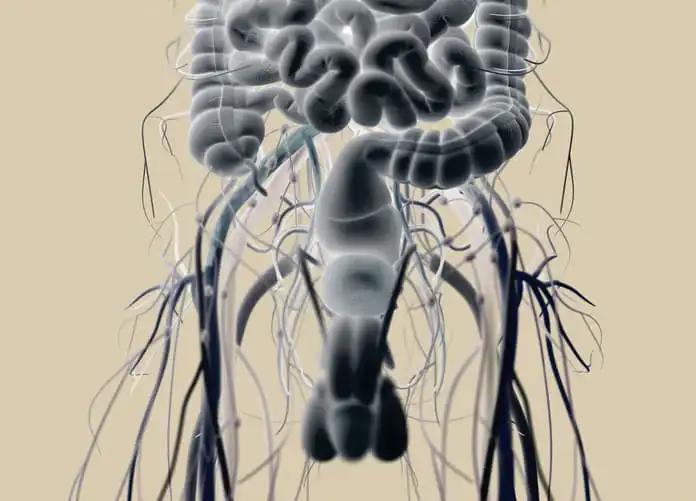KEY TAKEAWAYS
- The phase 2 EV-201 trial investigated the efficacy and safety of (EV) in patients with (LA/mUC) previously treated with platinum-containing chemotherapy and PD-1/PD-L1 inhibitor therapy.
- This study’s primary aim was to evaluate EV therapy’s impact on (HRQoL) in LA/mUC patients who had received prior treatments.
- Patients were invited to electronically complete two HRQoL instruments (EORTC QLQ-C30 and EQ-5D-3L) at baseline and day 1 of each cycle until treatment discontinuation.
- The results showed that PRO scores remained stable throughout EV treatment, with stable global health status, physical functioning, and symptom scores.
- Compliance rates were ≥86% throughout the study, and 95% of enrolled patients completed both baseline questionnaires.
Patients with locally advanced/metastatic urothelial carcinoma (LA/mUC) who had previously been treated with PD-1/PD-L1 inhibitor therapy and platinum-containing chemotherapy (cohort 1) showed a clinically meaningful and durable response rate with enfortumab vedotin (EV) in the EV-201 trial (NCT03219333). Exploratory endpoints for EV-201 included patient-reported outcomes (PROs). To examine the association between EV therapy and health-related quality of life (HRQoL) by analyzing patient-reported outcome data from the first cohort of EV-201 . Patients enrolled with LA/mUC and receiving EV were invited to complete two HRQoL instruments (EORTC QLQ-C30 and EQ-5D-3L) electronically at baseline and day 1 of each cycle until treatment discontinuation.
Descriptive statistics were used to examine patient demographics, completion rates, compliance rates, and PRO scores. A repeated-measures mixed model was used to perform a post hoc analysis of some EORTC QLQ-C30 scores. Most treated patients (n = 125) filled out both questionnaires. Across the board,≥ 86% of participants stayed compliant. According to descriptive analyses, health status, physical functioning, and symptom scores were similarly stable. Responders at cycles following an objective response reported less pain and fatigue. Patients with bone metastases reported less pain during cycle 3 compared to the first two cycles. Scores on the visual analog scale (66.9 at baseline; range: 65.5–78.4) and the EQ-5D-3L utility-scale (mean: 0.80; range: 0.77–0.91) were stable over time. Conclusions could not be drawn with any certainty due to variability and a lack of data.
Patient-reported outcomes (PRO) scores were stable during EV treatment, adding further evidence to the efficacy of EV for the management of LA/mUC. HRQoL and symptoms like pain and fatigue are being studied for their potential to improve with EV therapy. Quality of life, ability to function, and symptoms did not worsen in this study of adults with advanced urinary tract cancer that had progressed despite previous medications when they were treated with the antibody + drug combination enfortumab vedotin. Patients did report some reductions in pain and fatigue, but more study is warranted. These data complement the results of the EV-201 trial’s effectiveness and safety.
Source: https://pubmed.ncbi.nlm.nih.gov/35168844/
Clinical Trial: https://clinicaltrials.gov/ct2/show/NCT03219333
McGregor B, O’Donnell PH, Balar A, Petrylak D, Rosenberg J, Yu EY, Quinn DI, Heath EI, Campbell M, Hepp Z, McKay C, Steinberg J, Regnault A, Mazerolle F, Galsky MD. Health-related Quality of Life of Patients with Locally Advanced or Metastatic Urothelial Cancer Treated with Enfortumab Vedotin after Platinum and PD-1/PD-L1 Inhibitor Therapy: Results from Cohort 1 of Phase 2 EV-201 Clinical Trial. Eur Urol. 2022 May;81(5):515-522. doi: 10.1016/j.eururo.2022.01.032. Epub 2022 Feb 12. PMID: 35168844; PMCID: PMC9385268.



